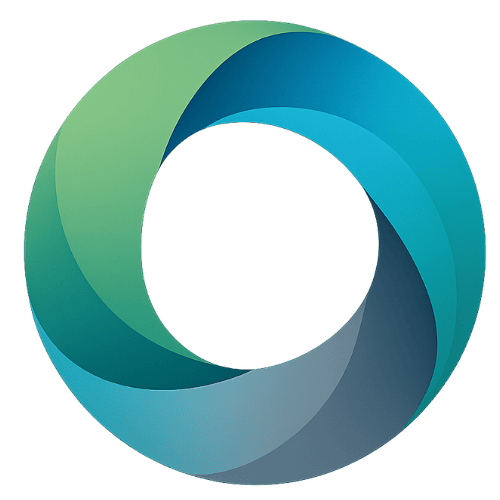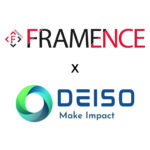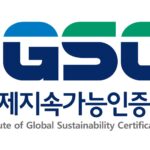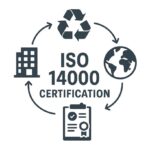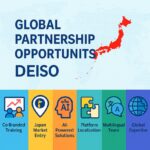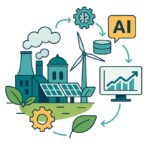DEISO Certification Programs
Certified Training Program: This training program comes with a certification option for both on-site and off-site training.
Some of Our Clients
Several of our clients have chosen DEISO certified training programs
About This Training Program
Training Outcomes
Training Outline
Module 1: Foundations of Sustainability
- Curriculum
- Definition and scope of sustainability (environmental, social, economic)
- The history of the sustainability movement
- Key global sustainability frameworks (e.g., Sustainable Development Goals, Paris Agreement)
- The business case for sustainability
- Understanding stakeholders and their role in sustainability
Module 2: Systems Thinking for Sustainability
- Curriculum
- Introduction to Systems Thinking Principles
- Understanding complex systems and interconnectedness
- Identifying leverage points within systems for sustainability transformations
- Mapping systems and their impact on sustainability goals
- Tools for systems analysis
Module 3: Sustainability Strategy and Implementation
- Curriculum
- Developing a sustainability vision and mission
- Setting sustainability goals and targets (science-based targets)
- Integrating sustainability into core business strategy
- Sustainability reporting and metrics (e.g., GRI framework)
- Overcoming common implementation challenges
- Project management for sustainability initiatives
Module 4: Leadership for Change
- Curriculum
- Models of sustainable leadership
- Building a culture of sustainability within an organization
- Communication strategies for sustainability messaging
- Influencing and persuading stakeholders
- Embracing collaboration and partnerships
- Overcoming resistance to change
Module 5: Innovation for Sustainability
- Curriculum
- Circular economy principles
- Sustainable product and service design
- Disruptive technologies for sustainability (renewable energy, green materials, etc.)
- Measuring and evaluating the success of sustainability innovation
- Fostering a culture of innovation within an organization
Module 6: Sector-Specific Sustainability Challenges (Tailor this module to the specific industries of the participants)
- Curriculum
- In-depth analysis of sustainability issues within a particular sector
- Regulatory landscape and compliance requirements
- Best practices and case studies from the sector
- Sector-specific tools and frameworks
Module 7: Measuring and Reporting Impact
- Curriculum
- Key Performance Indicators (KPIs) for sustainability
- Sustainability reporting standards (GRI, SASB, etc.)
- Lifecycle assessment (LCA)
- Social impact measurement
- Communicating sustainability performance to stakeholders
Module 8: The Future of Sustainability
- Curriculum
- Emerging sustainability trends and technologies
- The role of policy and regulation in shaping the sustainability landscape
- Long-term sustainable business models
- Opportunities and challenges for sustainability leaders
- Creating a roadmap for continued sustainability leadership
Contact Us
Let's create a sustainable future together. Contact us to book your training and start making a positive impact.

